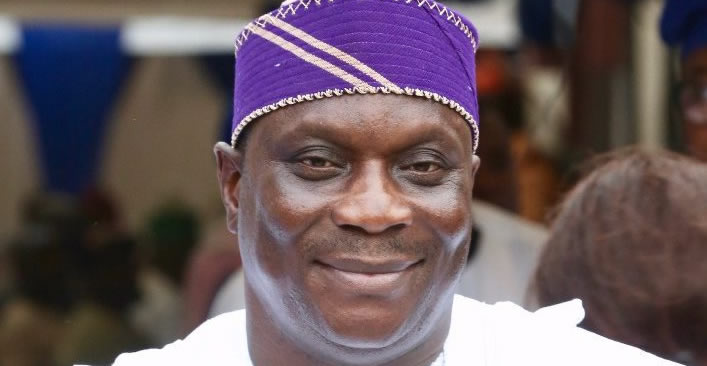The Governor of Central Bank, Mr. Godwin Emefiele, on Friday expressed optimism that Nigeria could emerge from recession by the first quarter of 2021.
He also projected a GDP growth of 2.0 percent in 2021.
Emefiele spoke at the 55th Annual Bankers Dinner organised by the Chartered Institute of Bankers of Nigeria (CIBN) in Lagos.
The event was sponsored by CBN, all Nigerian Banks and Nigeria Deposit Insurance Commission with participants joining both physically and virtually.
The event saw CBN governor giving an insight into the actions of the apex regulatory body in the present year and an idea of what to expect in the coming year.
He said given the impact of COVID-19 on key economic variables such as crude oil, the fiscal and monetary authorities had taken unprecedented measures to prevent long-term damage to the growth prospects of the economy.
He said that the impact of these measures along with the removal of restrictions on movement and resumption of international travel, had led to improvement in key indicators of the economy, as several economic activities returned to positive growth.
“A sectoral assessment of economic activities in the third quarter indicates that the economy witnessed positive growth in key sectors such as Information and Communications Technology, Agriculture, Health, Construction, Finance and Insurance and Public Administration.
“With sustained implementation of our intervention measures, we do expect that the Nigerian economy could emerge from the recession by the first quarter of 2021, due to high frequency data that indicates continued improvements in the non-oil sector of our economy.
“We also expect that growth in 2021 would attain 2.0 percent”, he said.
The governor explained that the agricultural sector had continued to record positive growth supported by productivity gains in the sector, interventions by the government, and improved demand for local produce.
The Manufacturing Purchasing Managers Index, he said, had in the month of November stood at 50.2 points, indicating an expansion in manufacturing activities after six months of contraction.
Emefiele said that a total of 18 sectors recorded positive growth in the third quarter relative to 13 sectors in the second quarter, which reflected significant improvement in economic activity.
Furthermore, 36 out of the 46 economic activities tracked by NBS, reflected positive improvements in growth, which included activities that recorded negative growth.
He disclosed that 150million dollars was being traded daily as a result of Monetary and Fiscal Authority measures put in place to sanitize activities in the foreign exchange market.
Emefiele said also that the Nigerian Stock Exchange All Share index rose by 65 percent between April and November 2020, reflecting improved sentiments by investors on the fundamentals of publicly listed companies.
READ ALSO: Wife of Gov Akeredolu’s Chief Of Staff Kidnapped In Ondo
As a result of these measures, Emefiele said that GDP growth in the third quarter, improved to -3.6 percent from -6.1 percent in quarter two, even though the economy fell back into a recession.
However, he said that downside risks remained, as restoration of full economic activities, particularly in service related sectors, remained uncertain until a COVID vaccine was produced and made available to millions of people across the world.
He said also that with the significant rise in cases in advanced markets and the imposition of lockdowns in parts of Europe, concerns remained on the impact this could have on growth in advanced economies, commodity prices and the financial markets.
The governor said that the bank’s actions in 2021 would be guided by the considerations that emerged from the Monetary Policy Committee meeting of Nov. 23 and Nov. 24, which sought to address the major headwinds exerting downward pressure on output growth and upward pressure on domestic prices.
He said given the fact that the rise in inflation was not due to monetary factors but rather the prevalence of structural rigidities and supply shocks, traditional tools of monetary policy might not be helpful in addressing current inflationary pressures.
According to him, a more useful policy will be the supply-side measures implemented by the bank.
He said: “We intend to increase our support for measures that will aid improved cultivation of local produce in Nigeria, with particularly emphasis on improving our yield levels, as food inflation continues to remain the key driver of inflationary trends.”
NAN











